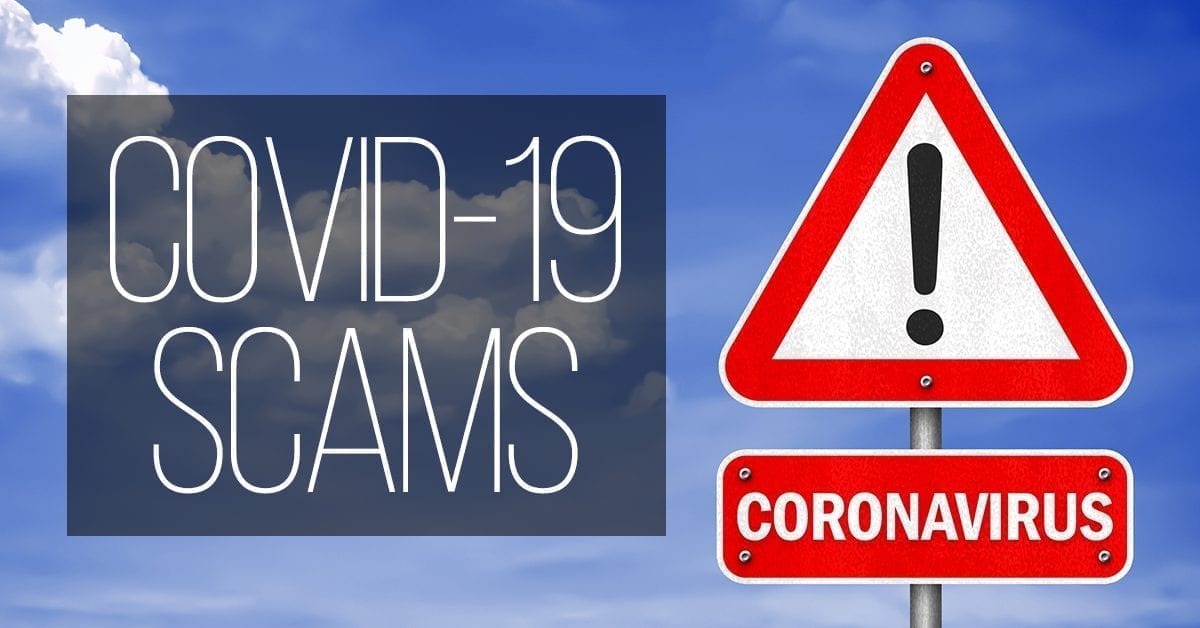IRS Warns of Scams
The Internal Revenue Service (IRS) is asking taxpayers to be aware of the possibility of scams involving economic impact payments. Here are a couple of reminders:
The IRS isn’t going to call you asking to verify or provide your financial information so you can get an economic impact payment or your refund faster. That also applies to surprise emails that appear to be coming from the IRS.
Taxpayers should also watch out for text messages, websites, and social media attempts that request money or personal information.
In most cases, the IRS will deposit economic impact payments into the direct deposit account taxpayers previously provided on tax returns. Those taxpayers who have previously filed but did not provide direct deposit information to IRS will be able to provide their banking information online to a newly designed secure portal on IRS.gov in mid-April. If IRS does not have a taxpayer’s direct deposit information, a check will be mailed to the address on file. Taxpayers should not provide their direct deposit or other banking information for others to input on their behalf into the secure portal.
The IRS is sending these payments automatically to retirees – no additional action or information is needed on their part to receive their payments.
Where taxpayers receive calls, the IRS is asking that you not to engage with scammers or thieves. Taxpayers should not tell the caller that the taxpayer knows it’s a scam or that he thinks he can beat them. Rather, IRS says, just hang up.
